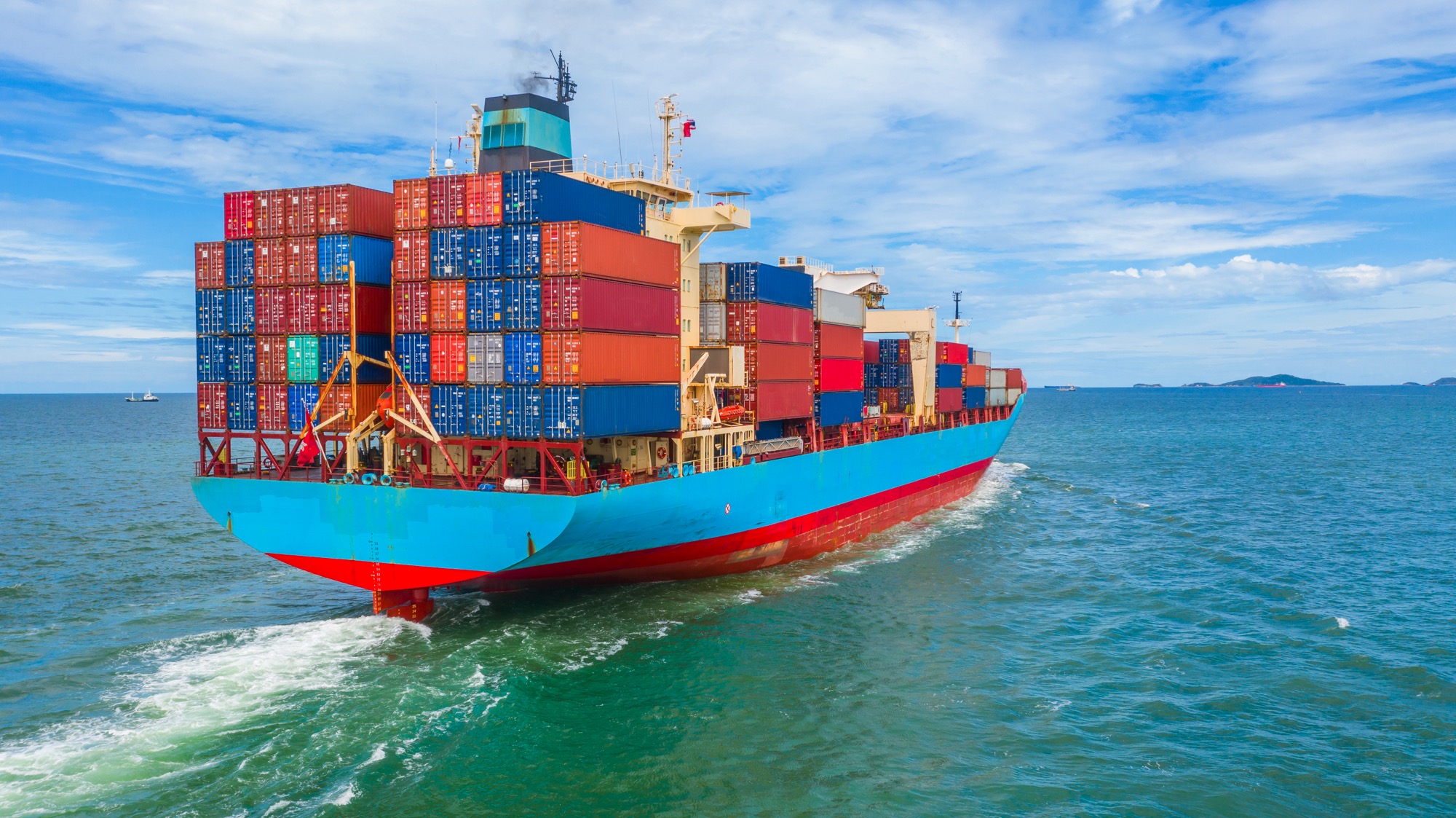
Starting a business is exciting, but operating on an island brings unique opportunities and challenges. Whether it’s a coffee shop in Kauai or an eco-tourism venture in the Maldives, islands offer a special appeal for entrepreneurs seeking to blend business with lifestyle. However, these idyllic settings come with practical realities that differ from mainland businesses.
Understanding the Local Market
Every market is unique, but island markets present particular nuances that mainlanders may not immediately grasp. Unlike broader mainland demographics, island markets are smaller, more insular, and often highly community-driven.
Research is Fundamental
Start by researching the specific consumer needs, preferences, and challenges unique to the island you’re targeting. For example, residents may favor sustainable and eco-friendly products tied to the island’s natural resources and identity. On the flip side, if you’re targeting tourists, your offerings may need to align with seasonal demand, focusing on experiences, souvenirs, or adventure services.
Learn from Existing Businesses
One practical tip is to study other successful businesses on the island. What works well for them, and what doesn’t? Pay attention to pricing strategies, customer service standards, and key trends. This information will help you gauge whether your business idea aligns with the island’s economic and social ecosystem.
Logistics and Supply Chain
Running a business on an island comes with logistical hurdles that can catch even seasoned mainland entrepreneurs off guard. Limited transportation options, fewer suppliers, and higher shipping costs mean planning is crucial.
Shipping to the Island Is Key
Whether you need to ship to Hawaii or a more remote destination, factor in both time and cost. Shipping delays are common for island businesses, particularly when relying on mainland suppliers. To manage this, maintain strong relationships with reliable vendors, and always have a backup plan for essential inventory.
Efficient Inventory Management
Because shipping costs can eat into your profit margins, purchasing in bulk is a common strategy. However, be mindful of storage limitations, especially on smaller islands where warehouse space can be scarce. Look for creative solutions, like shared storage with other local businesses, to cut costs. Additionally, consider locally sourced alternatives to simplify your supply chain and boost your standing within the community.
Cultural Sensitivity
One mistake many mainland entrepreneurs make is overlooking the cultural dynamics of an island community. Most islanders have a deeply rooted sense of identity and culture, and respecting this is critical for earning trust and building your business reputation.
Respect Local Customs and Traditions
Take time to learn about the culture, traditions, and history of the island. Whether it’s supporting local festivals or showcasing regional art in your storefront, integrating cultural elements into your business can establish a stronger connection with the community.
Hire Locally
Whenever possible, hire local talent and involve them in decision-making processes. Not only will this demonstrate your commitment to the community, but it will also provide you with valuable insights into customer preferences and social norms.
Regulatory Environment
Rules and regulations can vary significantly between the mainland and island territories. From permits to taxation, understanding the legal landscape is a vital step before launching your business.
Permits and Licenses
Island-specific permits may be required depending on your industry. For instance, setting up a fishing charter in the Bahamas could involve more stringent environmental regulations than launching a small café in Puerto Rico. Be diligent about researching these rules or consult a legal professional familiar with regional requirements.
Taxation Variations
Islands often feature different tax structures compared to their mainland counterparts. For example, some islands are known for tax incentives aimed at drawing in businesses, while others may have higher import duties that impact your overhead costs. Being informed about these financial considerations will help you plan more effectively.
Networking and Partnerships
No business thrives in isolation, and this principle holds especially true in insular, tight-knit island communities. Networking can open doors to opportunities you wouldn’t otherwise have, especially when it comes to navigating local customs or overcoming supply chain challenges.
Partner with Local Businesses
Rather than competing, consider partnering with established local businesses. Collaboration could take the form of cross-promotions, shared resources, or even mentoring opportunities. Building these relationships will position your business as a community asset rather than an outsider.
Join Local Organizations
Many islands have local chambers of commerce, trade associations, or business councils designed to support entrepreneurs. Joining these organizations can provide networking opportunities, educational sessions, and promotional support to help your venture thrive.
Conclusion
Starting a business on an island is both an exciting and challenging endeavor. To succeed, focus on understanding and respecting the nuances of the local market while solving logistical and regulatory challenges with creativity and foresight. Be mindful of the culture, stay connected with the community, and leverage local partnerships to strengthen your presence as an entrepreneur.